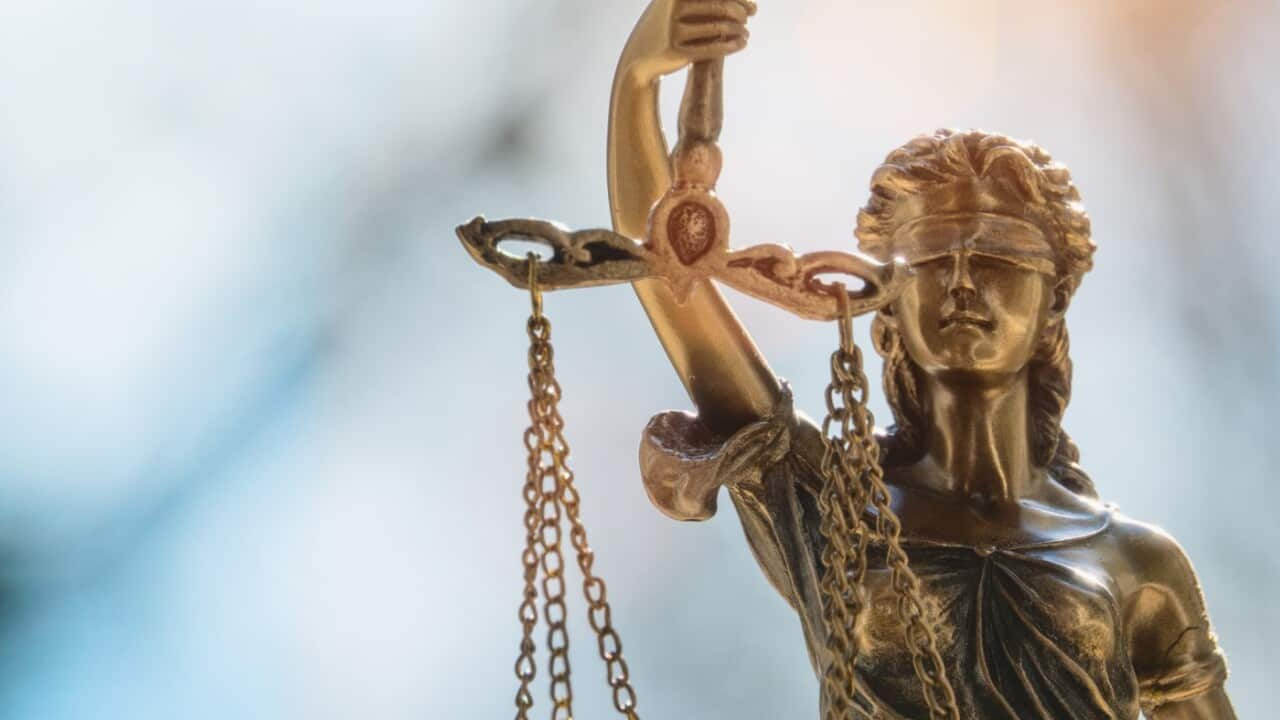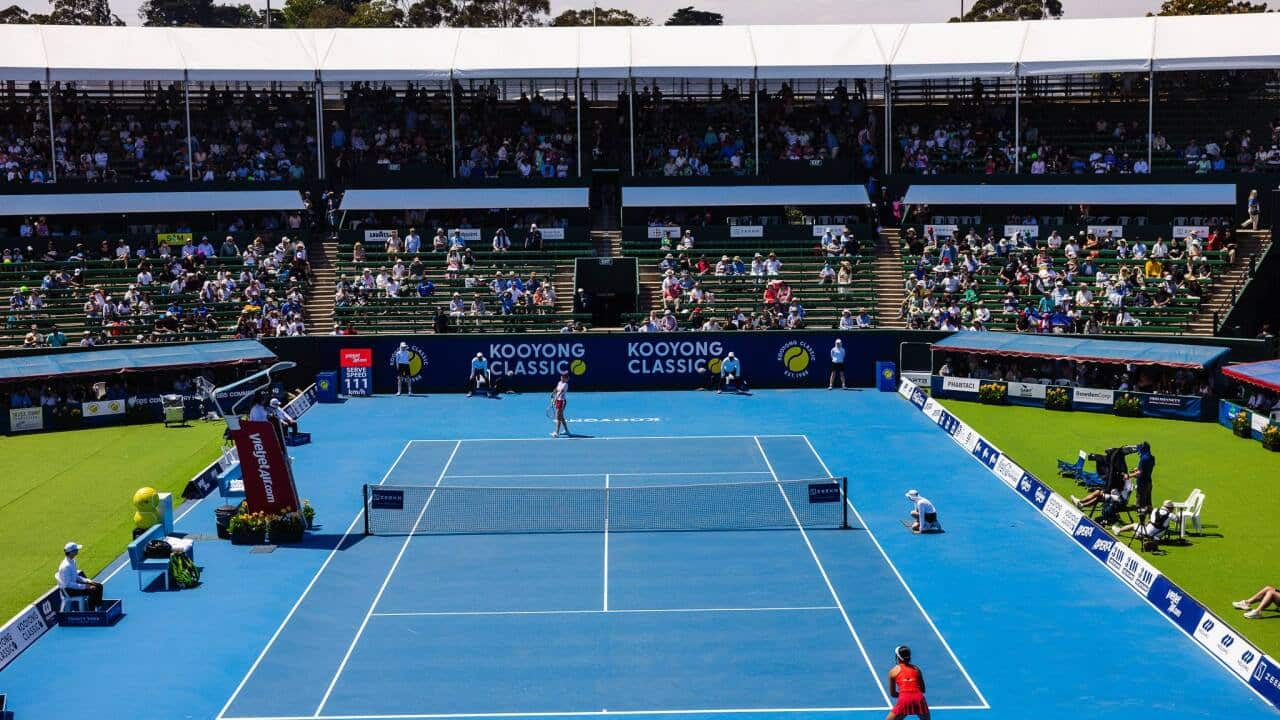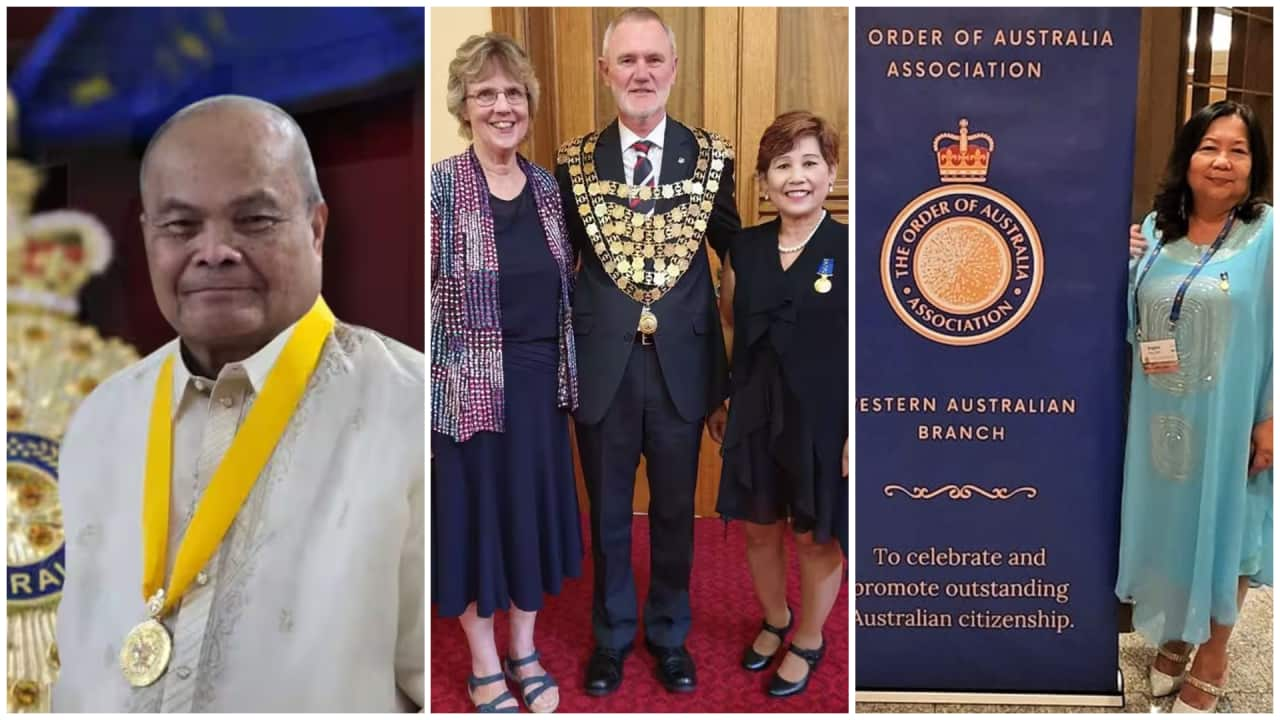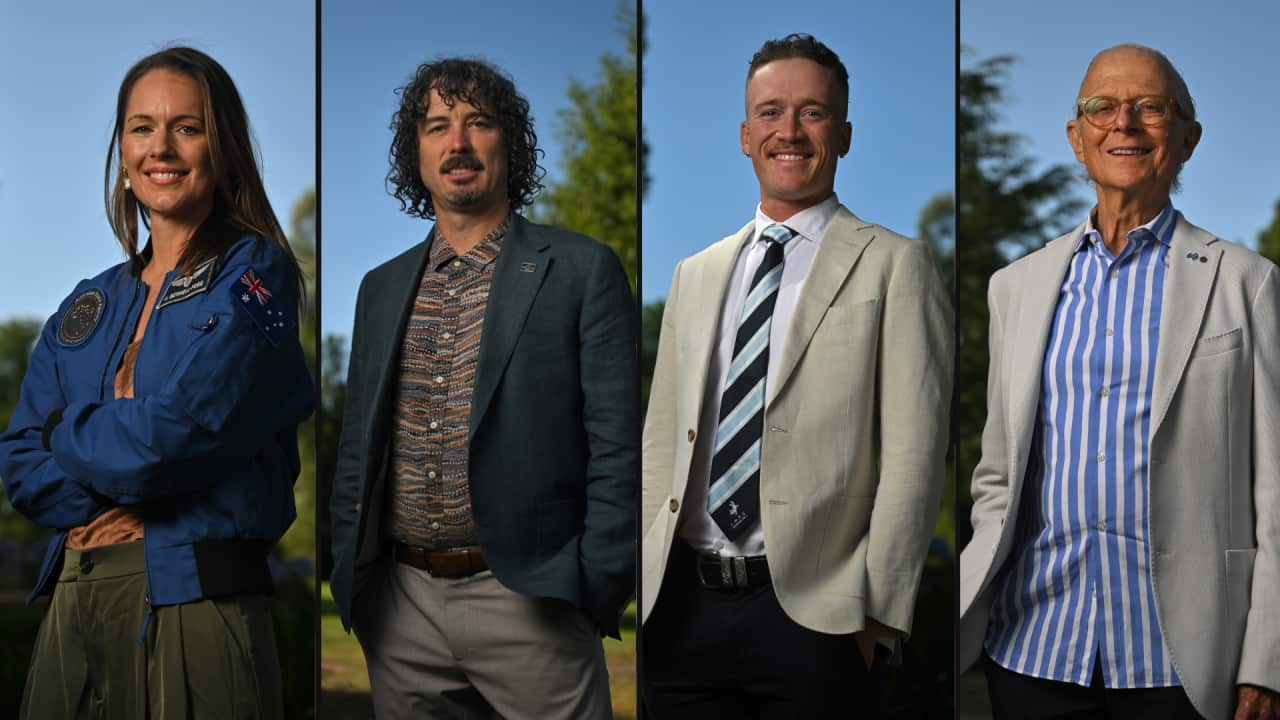Highlights
- In Australia over 170 independent, not-for-profit community legal centres provide free legal help, including information, referrals, legal education, advice, casework and representation services. Also a person appearing before the criminal court must be represented by a legal professional, however in family and civil law matters, you may choose to represent yourself.
- Across the country at local courts and tribunals, anyone can approach a duty lawyer for assistance if they have a matter at court that day and do not have a lawyer.
- Most middle-income earners are not eligible for Legal Aid grants
Disadvantaged individuals who need legal assistance can seek help from the legal aid commission in their state or territory or go to community legal centres or Aboriginal and Torres Strait Islander Legal Services.
Professor of Law at Monash University Dr Jeff Giddings says Legal Aid authorities have limited funding, so they have to decide which cases to accept.
"Legal Aid authorities will look at different ways in which legal services can be provided; it's not just having a lawyer represent you in court. It might be that there will be other primary dispute resolution processes that can be used, so you've got mediation type services. They make up a large part of the types of services that Legal Aid authorities are either going to provide, or they are going to fund others to provide those services."




